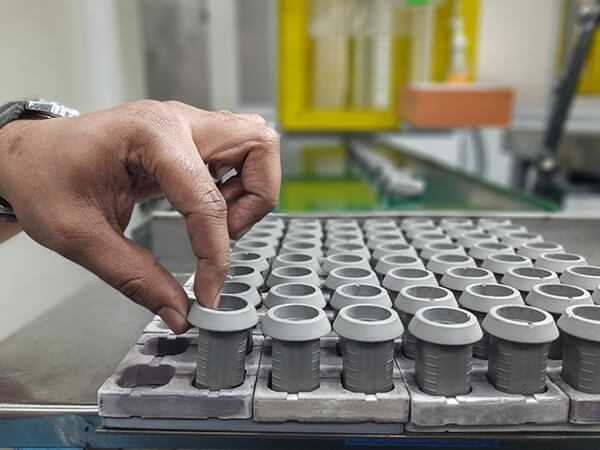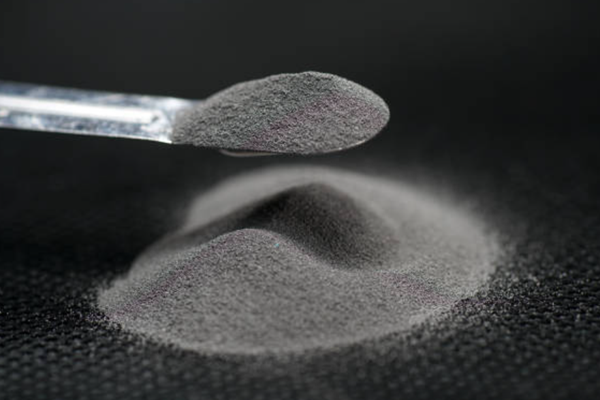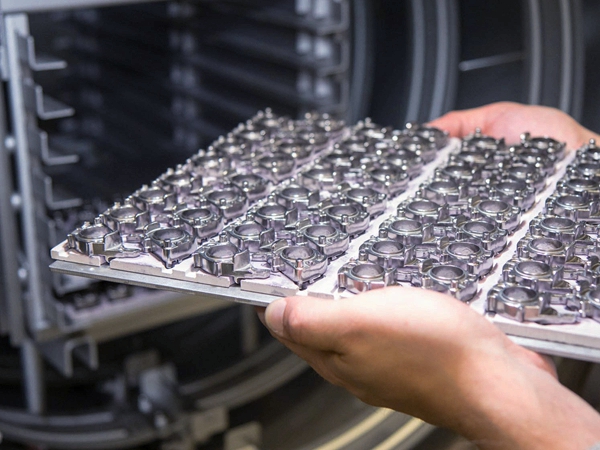MIM-420
MIM 420 Stainless Steel Metal Injection Molding service
Metal injection molding service of martensitic 420 stainless steel is ideal for high strength, hardness, and corrosion resistance. The material possesses excellent wear resistance, toughness, and flexibility in hardened conditions. These attributes make 420 stainless steel suitable for various demanding applications.
The metal injection molding (MIM) process refines the martensitic microstructure, leading to enhanced mechanical properties versus casting. Hardenability is also improved. Post-sintering heat treatment like quenching and tempering allows ultimate tensile strength over 1500 MPa.
MIM 420 stainless steel is commonly utilized in applications including plastic injection molds, medical knives and cutting tools, valves and seals, aerospace fasteners, ball bearings, and surgical implants. The material is also seen in marine components (Not sea water) and food processing equipment, where hardness, wear, and corrosion performance are critical.
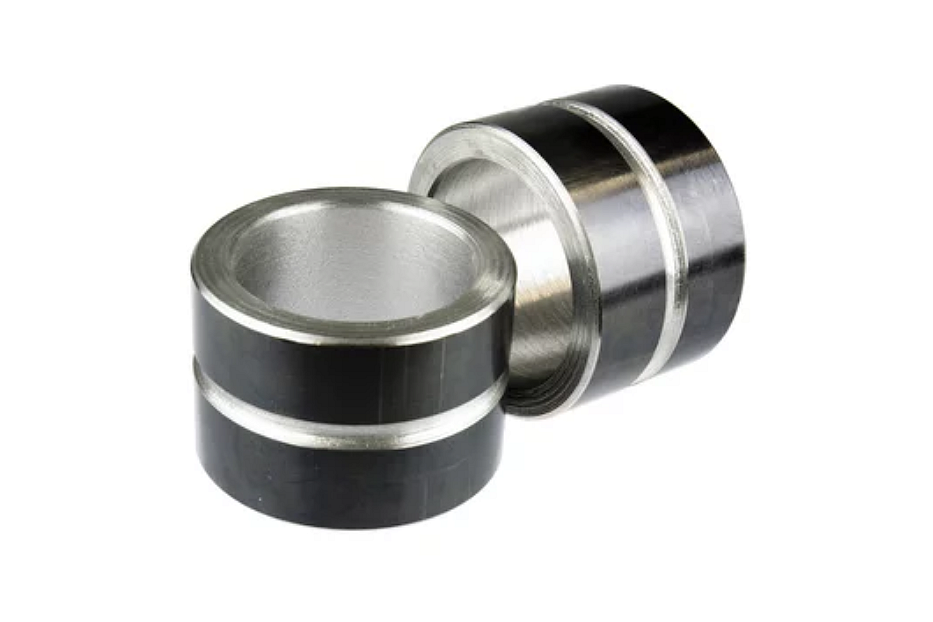
MIM 420 Stainless Steel Typical Properties
Chemical Composition
Carbon (C) | Manganese (Mn) | Phosphorus (P) | Sulfur (S) | Silicon (Si) | Chromium (Cr) | Molybdenum (Mo) | Iron (Fe) | |
|---|---|---|---|---|---|---|---|---|
Weight % | 0.15 | 1.0 | 0.04 | 0.03 | 1.0 | 13.0 | 1.0 | Balance |
Physics and Mechanical Properties
status | Tensile Strength (MPa) | Yield Strength (MPa) | Impact Strength (J) | Hardness (HRC) | Young's Modulus (GPa) | Poisson's Ratio | Elongation (%) | Density (g/cm3) | |
MIM-420 | Annealed | 850 | 520 | 50 | 88 | 190 | 0.27 | 12 | 7.7 |
Key Features And Applications of MIM-420 Parts
Weldability
MIM-420 stainless steel has moderate weldability that can be improved through proper techniques. Preheating to 200-430°C is recommended, along with the use of low hydrogen welding processes. Post-weld heat treatment, like stress relieving at 650°C, is also advised. The higher carbon and chromium contents make MIM-420 more susceptible to weld cracking versus austenitic grades such as MIM 316L (Easy to weld). Proper joint preparation, avoiding CPTs, and minimizing heat input help improve weld soundness. With controlled procedures, MIM-420 can be successfully welded for most applications requiring dissimilar metal or structural welds.
Corrosion-Resistant
The approximately 12-14% chromium content of MIM-420 stainless steel provides good overall corrosion resistance comparable to grades 410 and 416. It performs well in mild atmospheres, fresh water, and mildly corrosive environments. However, MIM-420 has less resistance to pitting and crevice corrosion than austenitic such as MIM-316L (Used in seawater) or ferritic grades. Environments with significant chloride contact can cause localized attacks. Acid solutions may also corrode MIM-420 parts over time. Proper surface treatment like passivation helps improve corrosion performance. Overall, MIM-420 has suitable corrosion resistance for many general applications, but care should be taken in very corrosive conditions.
Wear Resistance
MIM-420 stainless steel exhibits excellent wear resistance in hardened and tempered conditions, with typical hardness above HRC 50. The high carbon martensitic structure increases abrasion resistance compared to low alloy steel grades. Surface treatments like nitriding or PVD coatings can further improve wear performance.
MIM-420 is commonly used for injection molds, cutting tools, bearings, valves, and other components where high hardness and abrasion resistance are critical. The grade resists galling and adhesive wear mechanisms. High hardness and toughness make MIM-420 an ideal choice where rubbing, erosion, or sliding contact causes wear issues.
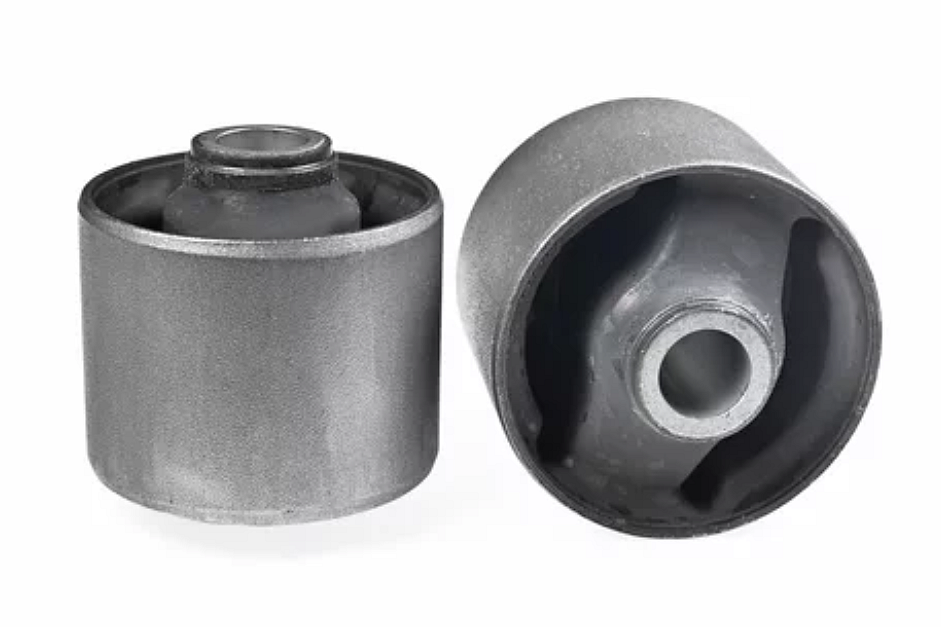
Polishing Properties
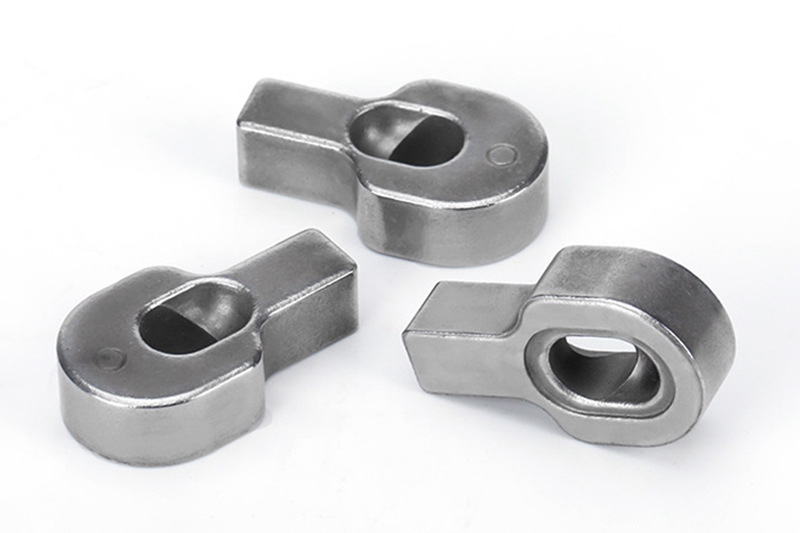
MIM-420 stainless steel can achieve reasonably good polishing and finishing characteristics. MIM-420 can be readily polished to surface finishes around 0.1 microns Ra in the annealed state. Polishing typically uses progressive abrasive methods from coarse to fine grit sizes. Passivation after polishing removes any smeared metal and enhances corrosion resistance. The high hardness of tempered MIM-420 does make polishing more difficult. Hard chrome plating or electroless nickel plating can also produce smooth mirrored surfaces. With proper techniques, MIM-420 parts can achieve the fine polishing and brush finishes often required for cosmetic and functional surfaces.
420 stainless steel MIM parts with excellent polishing properties find applications in Luxury accessories, medical instruments, marine hardware, and consumer products.
Tensile & Yield Strength
MIM-420 stainless steel exhibits excellent strength properties, especially when hardened and tempered. In the annealed condition, the grade has a tensile strength of around 860 MPa and a yield strength of around 515 MPa. However, after heat treatment, the strength increases substantially. Hardening followed by tempering in the range of 520-620°C enables ultimate tensile strengths over 1500 MPa, with yield strengths over 1300 MPa. The high carbon martensitic structure increases strength over ferritic and austenitic stainless steel grades. The strength also exceeds that of alloy steel and other martensitic grades. The combination of high strength and good ductility makes hardened MIM-420 suitable for highly stressed applications and components requiring high wear resistance.
Applications such as aerospace structural components, automotive engine parts, and industrial machinery, power tool parts benefit from MIM 420 stainless steel's high tensile and yield strength, ensuring durability and performance under demanding conditions.
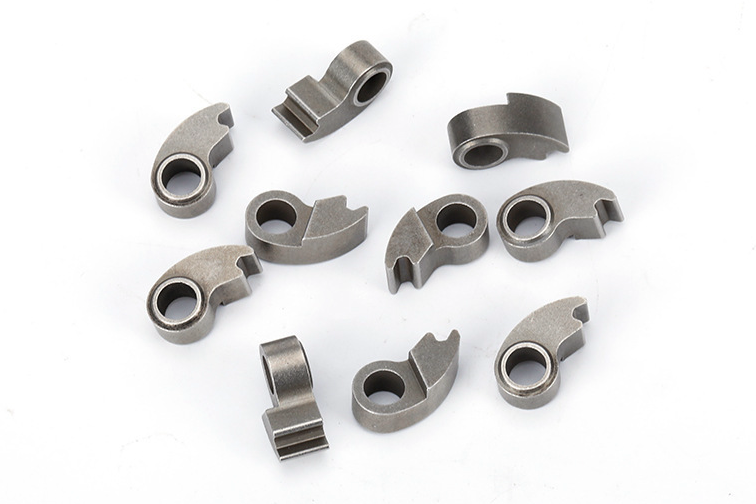
Consultative Design Services
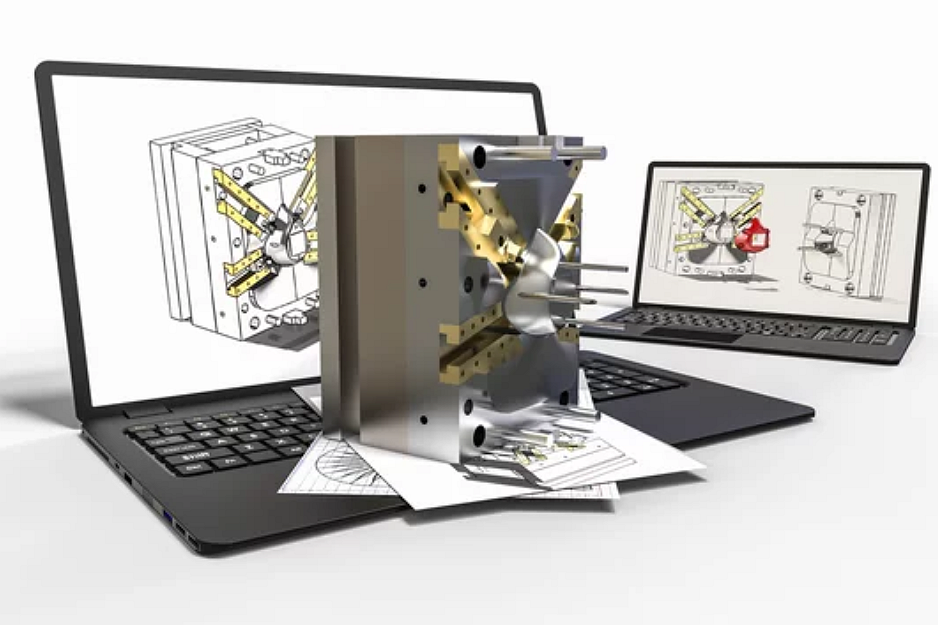
Neway custom metal injection molding service provides free Consultative Design Services throughout the process. This includes all processes from your design stage to mass-produced finished products.
1. Material selection Consult
2. Structural design service
3. Mold design service
Contact us now if you are interested.
What We Can Offer in MIM Service?
We offer free material selection and consultative design services from Begin to end. No MOQs, Rapid prototyping, and mass production are our strengths.
When DEHAS Medical needed 420 stainless steel knife blades produced, machinability and precision were concerns. By switching to Neway's MIM process, they reduced tool wear by 30% and boosted production yield. Geometry and edge retention also improved. According to DEHAS 's manufacturing manager: "Neway's 420 MIM blades are sharper, more consistent, and cost less per part than our previous supplier."
